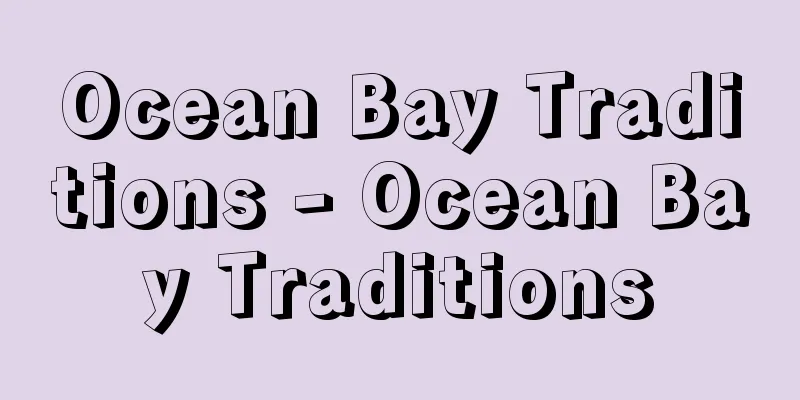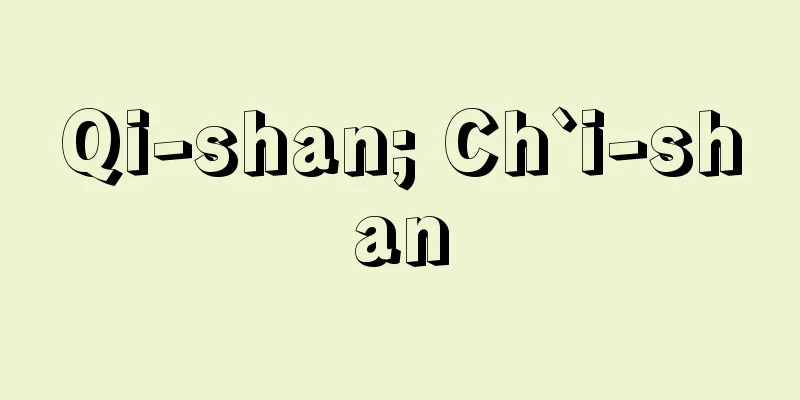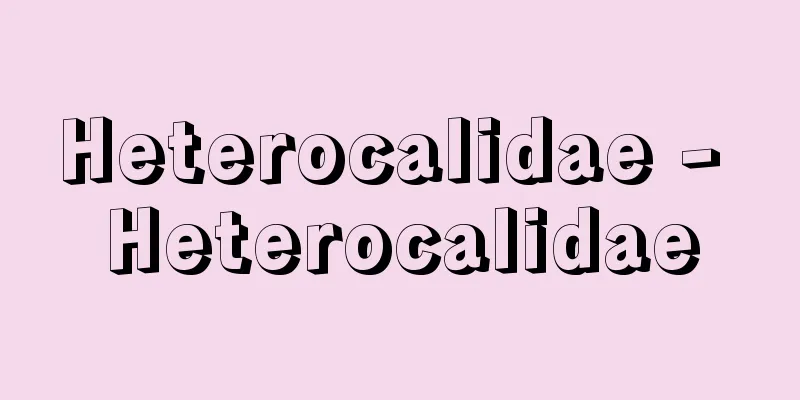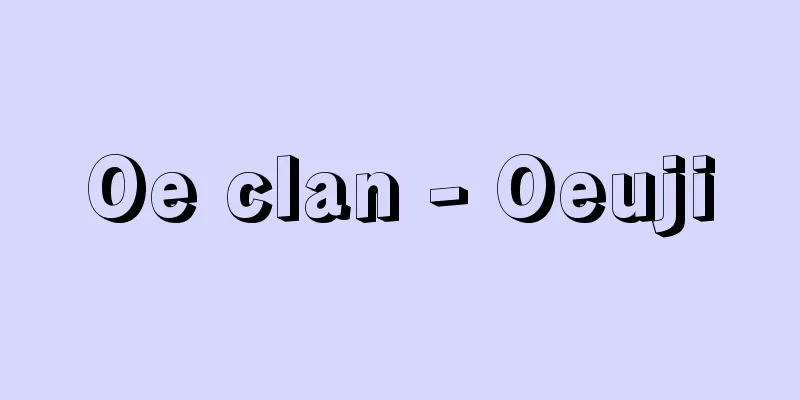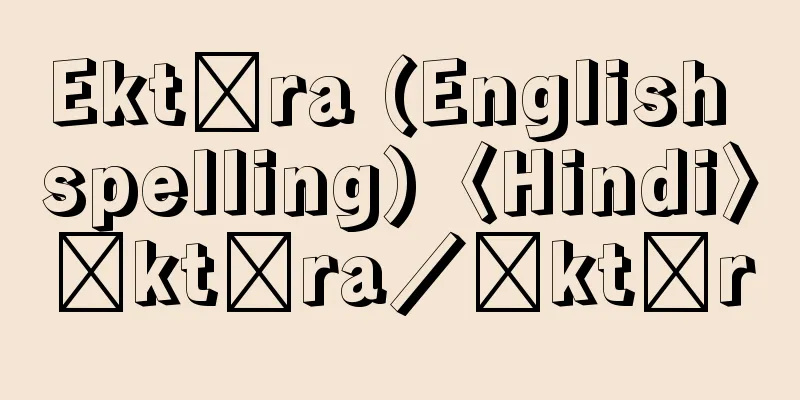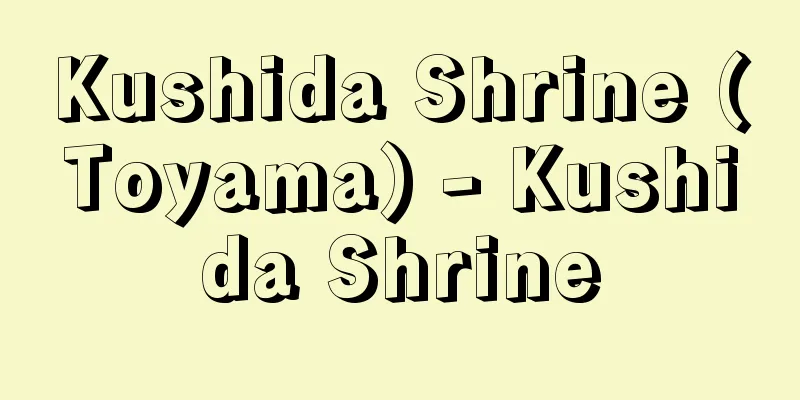Estoppel
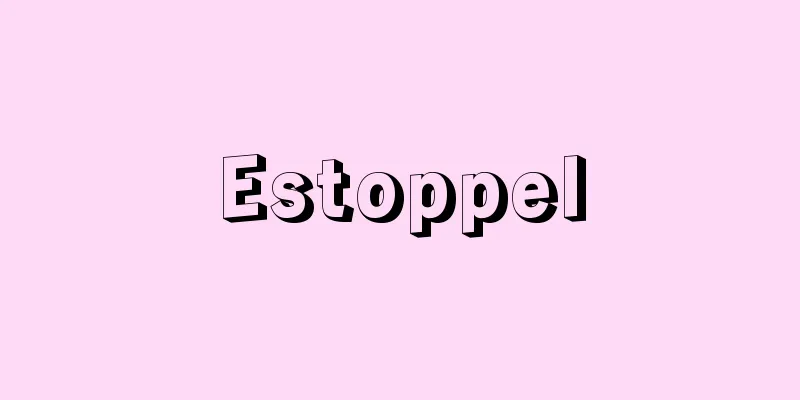
|
Translated as estoppel. A principle in Anglo-American law. It prohibits asserting facts that contradict one's own actions or sealed deeds. For example, if A believes a representation made by B and changes his/her position based on that, B cannot later reverse his/her position on the grounds that his/her representation was untrue. This principle is particularly important in transaction law. Similar provisions can be found in the Japanese Civil Code (apparent agency, etc.) and Articles 9 and 14 of the Commercial Code. →Related Articles Clean Hands Source : Heibonsha Encyclopedia About MyPedia Information |
|
禁反言と訳。英米法上の原則。自己の行為または捺印(なついん)証書などに反する事実の主張を禁ずること。たとえば,甲が乙のした表示を信じ,それに基づいて自己の地位を変更したときは,乙は後になって自己の表示が真実に反したことを理由としてそれをひるがえすことができないという原則。取引法上特に重要。日本の民法(表見代理など),商法9,14条などにも類似の規定がみられる。 →関連項目クリーン・ハンズ 出典 株式会社平凡社百科事典マイペディアについて 情報 |
<<: Estonia - Republic of Estonia (English spelling)
Recommend
Greenbrier
...One species of the South American Smilax genus...
Saxifraga nipponica (English name) Saxifraganipponica
… [Michio Wakabayashi]. … *Some of the terminolog...
Kusaki Dam - Kusaki Dam
A dam located in the upper reaches of the Watarase...
Gas thermometer - Kitai Ondokei
A thermometer that measures temperature by taking...
Jones, RE
...The task of establishing the place and space f...
Court investigator - court investigator
(1) Family Court Research Officer. A professional ...
Martinet - Henri Gilles Martinet
French journalist and politician. Born in Paris. ...
Cap lamp - Cap lamp (English spelling)
A personal lighting device consisting of a head p...
Vicia cracca (English spelling)
… [Hiroyoshi Ohashi]. … *Some of the terminology ...
Tsubosen - Pot of coins
A sake brewing tax levied per sake jar during the ...
Edo Village Kagura
...It can also refer specifically to shrine maide...
Chéreau, Patrice
Born: November 2, 1944, Regnier [Died] October 7, ...
Reiban - Reiban
〘 noun 〙① A vessel for holding offerings. Also, th...
Barbaro, D. (English spelling) BarbaroD
… [History of the camera] As mentioned above, the...
Demolition
…When that happens, the building must be demolish...

